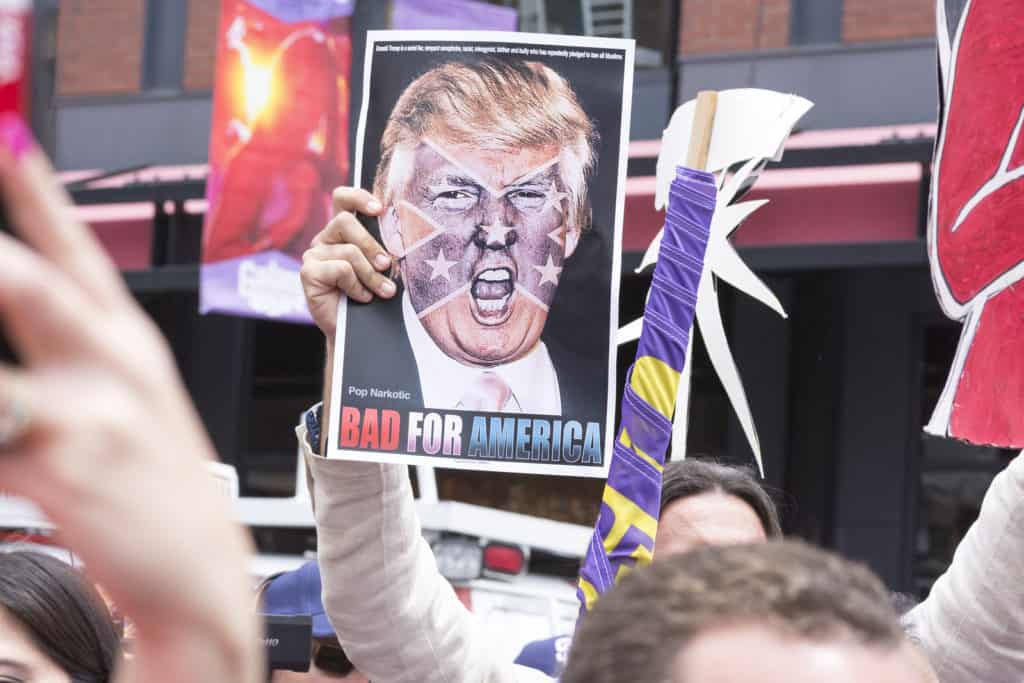After five short years, Trump University was shut down in 2010 amid allegations that the school defrauded students. Two class-action lawsuits have been filed against the defunct school, with Republican candidate Donald Trump a named defendant in the cases.
But now that the school’s curriculum has been picked apart by experts, many say that the school not only offered “bogus” lessons, but may have even encouraged students to break the law.
CNBC went beyond the glossy workbooks and $36,000 tuition to dig deep into the curriculum, asking opinions of real estate experts along the way.
One big issue that experts pointed out was the curriculum was not designed to educate students on local real estate investing requirements, which can vary from state to state.
Jill Martin, a lawyer for the Trump Organization, said the curriculum was “national level.” Another spokesman for the organization said the course were built around the live seminars Trump gave, during which students were told to consult with local attorneys to ensure they were compliant with state laws.
Students were also given questionable advice, like looking for motivated sellers, which they identified as people who were having health issues, going through a divorce or having issues with tenants.
Taking advantage of distressed people, experts say, may land you in hot water. If the deal goes sour, that person can argue that they were distressed, coerced or were not fully informed of the circumstances.
Another questionable tactic included “wholesaling,” and experts say this method is borderline illegal. The curriculum told students to market and sell a property immediately after they put a deposit down – before they become the true owners of the property. In some states, to perform such an action legally would require you to have a broker’s license – or in the very least, a real estate agent license.
In 2007 when Trump University picked up steam, it had changed directions from when it first launched. The school was running on get-rich-quick seminars and sales gimmicks that targeted people who couldn’t afford the tuition to attend.
Potential students were told they could get rich quickly by following Trump’s methods, and advertisements promised training from experts and Trump’s personal attention.
Students received neither of these things.
The university’s problems didn’t stop there. The truth is that the school was never truly a university; it was never accredited and offered no degrees. Its curriculum was vague at best. The New York Office of Education picked up on this quickly, and demanded the school drop the word “university” because it led students on.
To get around this order, an address was set up in Delaware and the school promised to quit holding live seminars in New York. But they kept using its name in New York advertisements, and they eventually began holding live seminars again in the state.
Testimonies from former students say they never received what they were promised in advertisements, such as the full year of mentoring. Mentors were paid on commission, so once students were on board and signed up, they had little reason to continue mentoring.
From a “bogus” curriculum to not delivering on advertised claims and misleading students with the term “university,” there’s a growing body of evidence that Trump’s defunct school may very well have not been in compliance with legal requirements.



